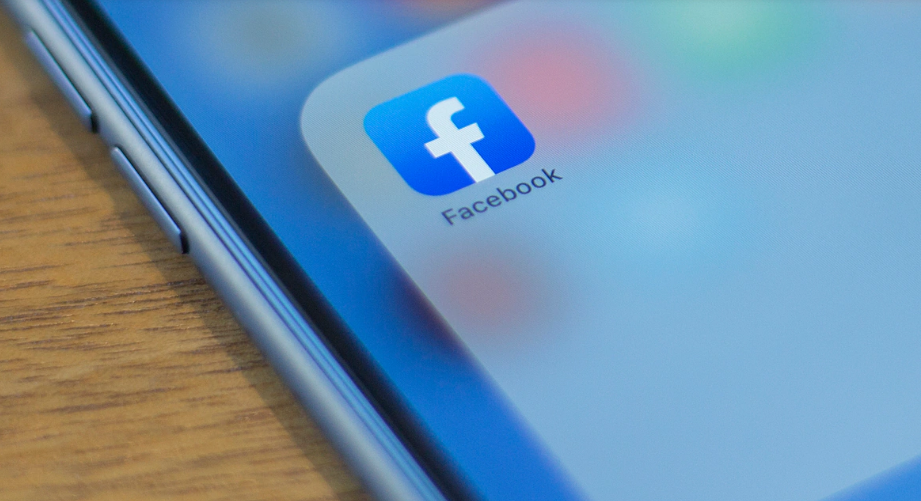Yesterday we attended a roundtable organised by Facebook Southern Africa on how the social media giant is trying to make the platform safe for people in Zim. The talk revolved around Facebook’s community standards, how the platform is fighting misinformation and Facebook’s role in protecting the integrity of elections.
What struck us most from this event was that Facebook is now keenly aware of its role in elections not just in Europe and America but in Africa as well. The company was acutely aware of the elections happening in Zambia next year. Facebook representatives even said that they were engaging with stakeholders in Zambia concerning its elections.
Facebook was also aware that Zim will be heading into elections in 2023. All of this is strange because big tech has never paid too much attention to what was happening politically in Africa.
But then we realised that Facebook was at the centre of an election scandal in the United States. If you remember back in 2016 the company was embroiled in the whole Cambridge Analytica affair. It also went on to be a big part of the US elections that were held last year.
From what we were able to make out, Facebook now knows how its platform can be used and now wants to preempt anything in Africa with the lessons it has learned from abroad.
In this episode we talk about:
- What is misinformation?
- How users can report things that they see on the platform as misinformation.
- The power that social media companies like Facebook have in the modern political arena especially regarding elections.
- Being private entities what gives them the right to deem this or that misinformation.
- Why Facebook hasn’t crafted a bespoke approach to dealing with issues in each individual African country.
- Content creators and publications play a big role in information dissemination. Is Facebook, and its family of apps (mainly WhatsApp), addressing the problems content creators in Zim have with its policies.
- And lastly shouldn’t Sasai be positioning itself to play a bigger role so we aren’t so reliant on Big Tech?
Technikari episode links on popular podcast sites & apps
Useful links
After the roundtable, Facebook was kind enough to offer us links to resources that you can use to stop the spread of misinformation in all its forms. The information includes how you can report something that you feel is fake news/misinformation and resource centres to fact check anything that you deem suspicious.
- How do I mark a Facebook post as false news?
- Reaching Billions of People With COVID-19 Vaccine Information
- How Facebook’s Fact-Checking Program Works
- Safety tips for Journalists
- Government Requests for User Data
You should also check out
FarmHut CEO, Ryan Katayi stopped by to talk about the US$100K the startup recieved from the Hult Prize Foundation.
US$100K backed local agritech startup sets its sights on expansion
Deutsch Connect CEO, Kumbirai Chipadza gave us the ins and outs of how Zim startups can make it in Germany.
Opportunities for Zim startups in Germany
Fresh in a Box founder, Kuda Musasiwa walked us through the company’s new Software as a Service (SaaS) or e-commerce builder.
Kuda Musasiwa is bullish about Fresh Ideas’ e-commerce platform
